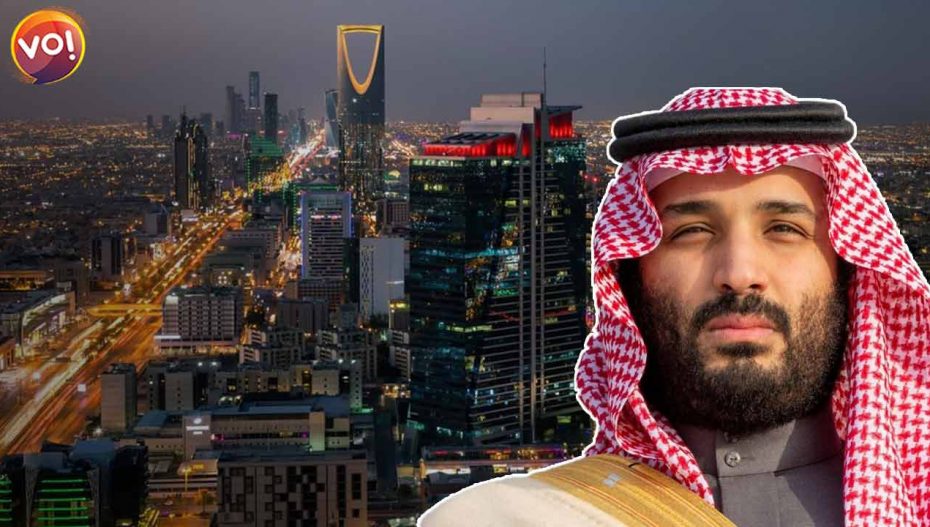Crown Prince Mohammed bin Salman is a determined young man. He is known to be ruthless where it comes to ambition and wiping out his critics. And now, in a bid to revamp Saudi Arabia’s image as an investor-friendly tech hub of the future, as a key player in the MENA region, MBS is using sovereign wealth fund to run the kingdom like a tech start-up.
That means he owns the means of investment, decides the venture funding, plays a crucial role in decisions and of course, enjoys the returns on his investment. The sovereign fund now owns a 4% stake in Public Investment Funds.
MBS is racing to diversify Arabia’s oil-dependent economy. In effect, the $620 billion PIF — which he chairs — is taking center stage, nourishing a pedigreed business class to become one of the most powerful institutions in a fast-changing economy.
Being relegated to the background is the conservative Islamic kingdom’s traditional business class, which lived off its oil revenues while investing in safe US treasuries and disbursing lucrative state contracts. This is Saudi Inc. And its self-styled founder is re-writing the rule book.
In the last five years, the PIF has become a major international investor, snapping up US blue chips like Uber and investing in electric cars. It has also forayed into sports, buying UK soccer team Newcastle United and investing $200 million in an international golf venture.
That’s given MBS, as the de facto ruler is known, more clout on the international stage, with Western officials looking to the world’s biggest oil exporter to help temper raging inflation and pour petrodollars into a sputtering world economy. US President Joe Biden will visit Riyadh mid-July, forced to rethink his promise to turn MBS into a “pariah” over the 2018 murder of Washington Post columnist Jamal Khashoggi.
But it’s at home that the PIF’s made the biggest impact, transforming the economy with its own brand of state capitalism. The PIF aims to invest at least $40 billion a year in Saudi Arabia and has already created 54 new companies, branching into sectors from real estate to luxury cruises.
Critics say it’s part of a broader accumulation of power that’s seen the Prince, 36, take control of oil policy, security, domestic and foreign affairs, jailing critics and silencing independent voices. Saudi executives also raised concerns, initially saying they felt crowded out by an entity so rich and connected few can compete.
“MBS does not care too much for the inherited structures of either the Saudi state or Saudi business and wants to build a new Saudi Arabia,’’ said Steffen Hertog, an associate professor at the London School of Economics. “He completely revamped (the PIF) and turned it into the main vehicle for his diversification strategy, bypassing most of the established government and, more visibly, the established private sector.”
Set up in 1971 as part of the Finance Ministry, the PIF was initially charged with providing loans to develop the economy and owned a significant percentage of the Saudi stock market but was little known abroad.
Then, in March 2015, the fund was “reborn,” its website declares, and placed under MBS.
Also Read: Saudi Authorities To Allow One Million Hajj Pilgrims This Year












